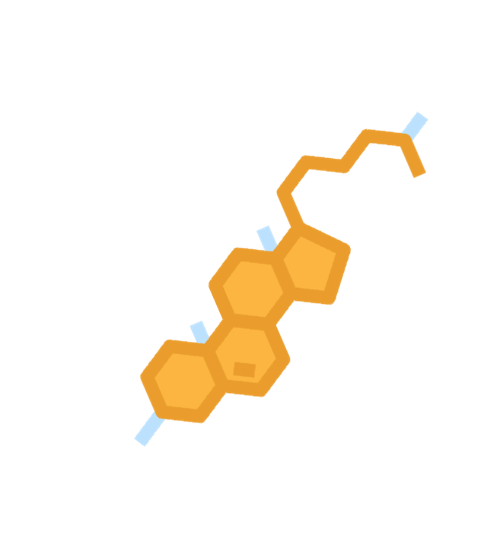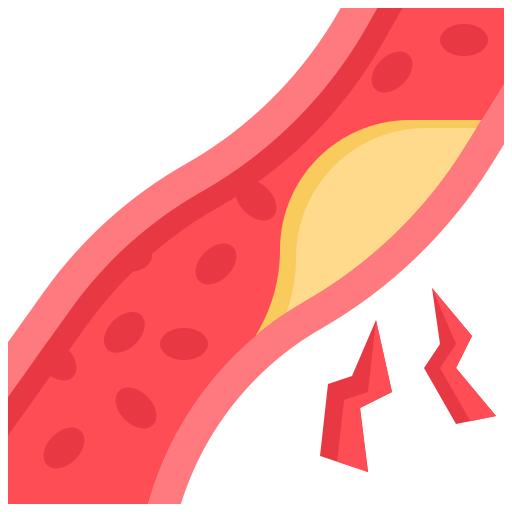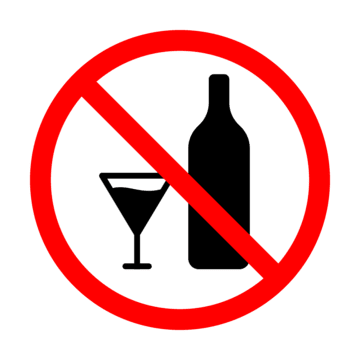High Blood Cholesterol
- jessicaaqian
- Mar 24, 2025
- 1 min read

With high cholesterol, one can develop fatty deposits within blood vessels. As deposits grow, blood does not flow easily through your arteries, forming a clot which could lead to a heart attack or stroke.
What is Cholesterol?
Cholesterol is a soft, fat-like substance produced to form certain cells in the body, and is obtained from your food intake.
Low-density lipoprotein (LDL) cholesterol is commonly referred to as “bad” cholesterol. It can carry fats from your liver to other parts of the body, building up slowly in the inner walls of your arteries, leading to the formation of cholesterol plaques.
Cholesterol plaques can block up arteries, resulting in an increased risk of developing atherosclerosis (hardening and narrowing of arteries).
Risk Factors

Genetic predisposition
Diet high in fat (especially saturated and trans-fat)
Sedentary lifestyle
For severe cases of high cholesterol where atherosclerosis has occurred, the following symptoms may arise:
Angina (chest pain) and heart attack
Stroke
Peripheral artery disease (narrowing of the blood vessels of the limbs)
Management

Follow up with regular checkups and take medication if prescribed
Have a healthy diet: limit saturated and trans-fat intake, use healthier unsaturated oils and increase fibre intake
Exercise regularly: Lack of exercise is associated with a low good cholesterol level
Maintain a healthy BMI (Body Mass Index)
Limit alcohol intake
No smoking
Written by: Goh Ting Wei | Designed by: Tan Khai Teng | Edited by: Jonathan Kuek








Comments